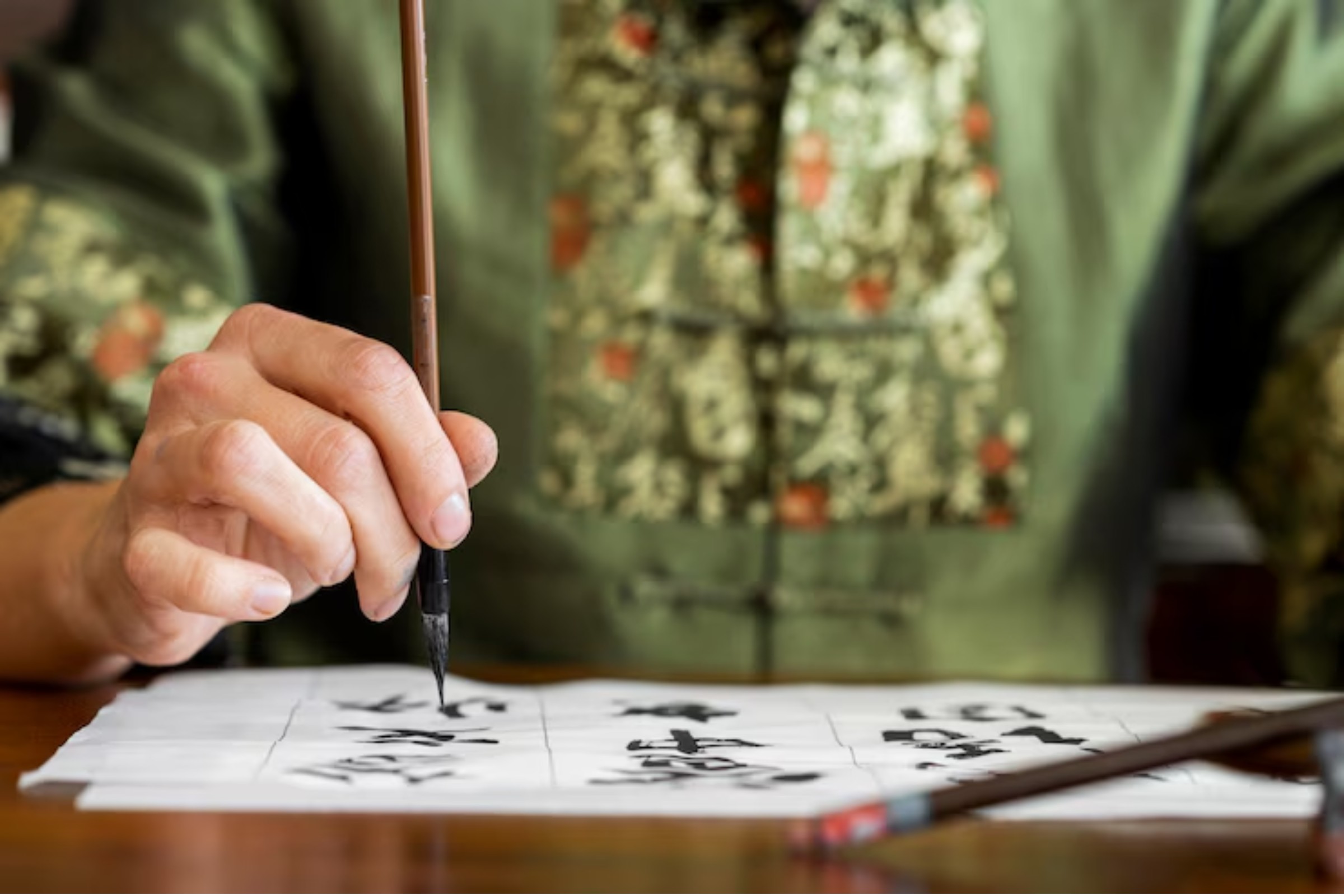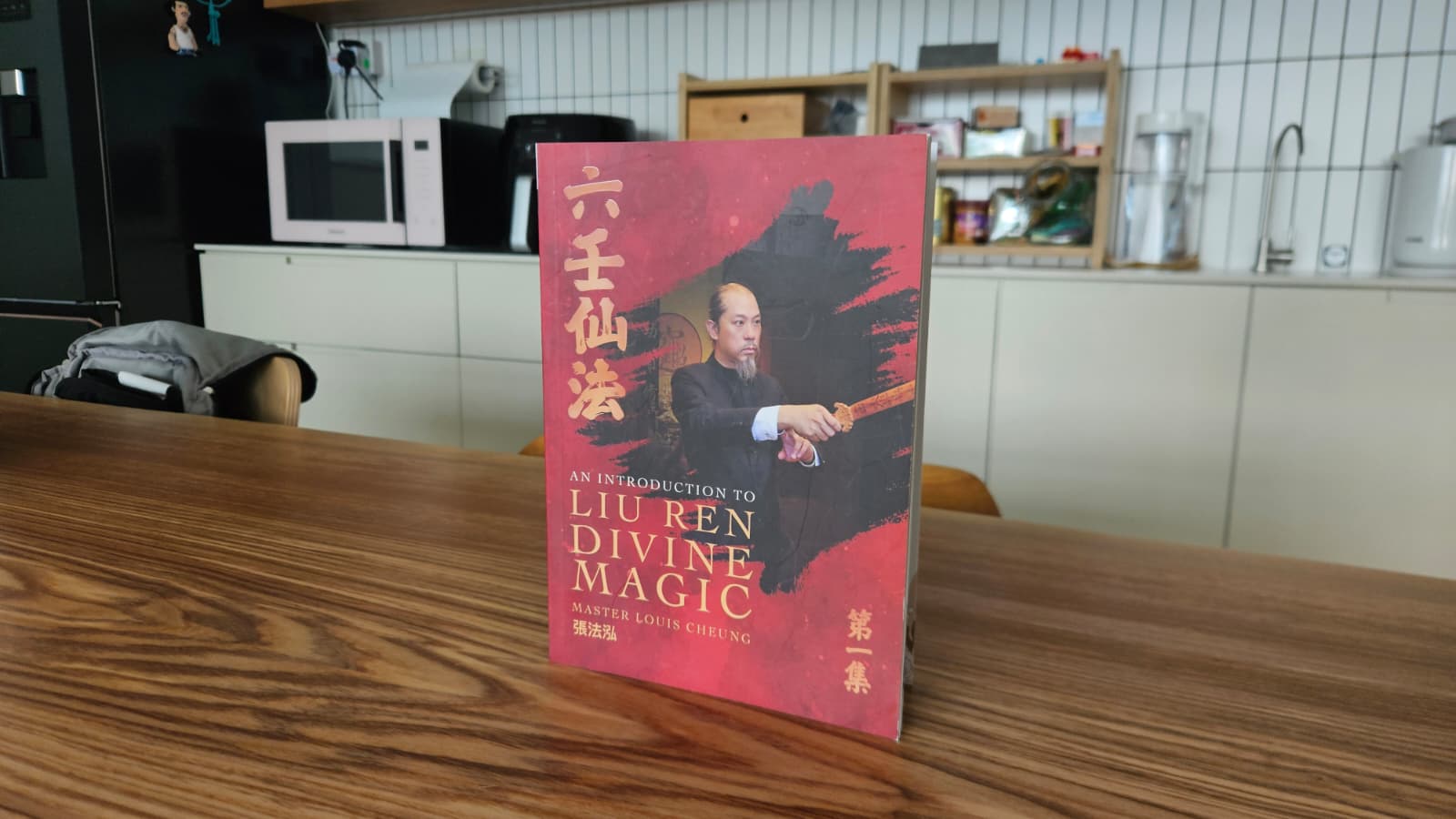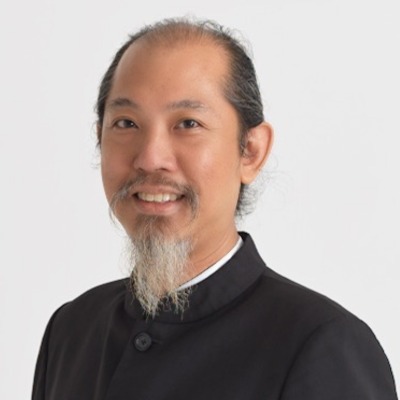What Are Feng Shui Talismans?
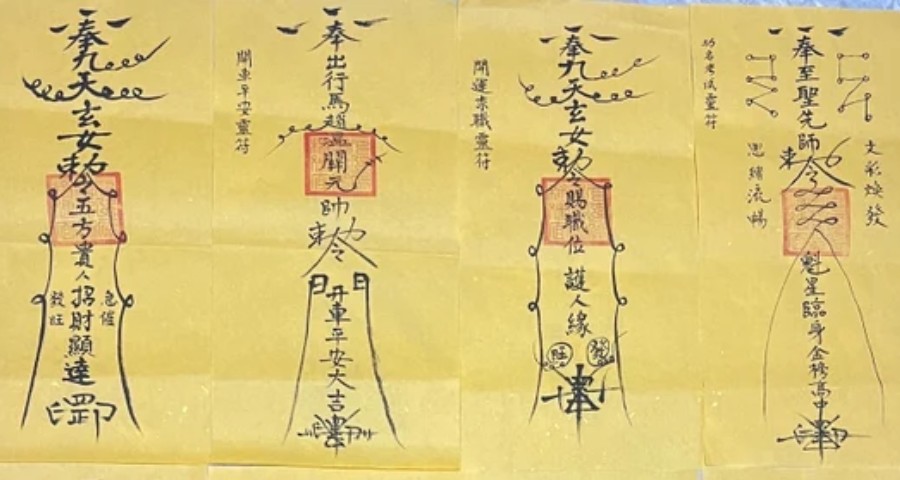
A feng shui talisman is traditionally an object or symbol believed to harness the qi (universal life force) to bring luck, prosperity or protection. In ancient Chinese geomancy, Feng Shui is about harmonising people with their surroundings.
Talismans are part of this tradition: decorative objects imbued with symbolic meaning. An engraved stone or amulet may be chosen to enhance health or wealth is a great example of this. Over millennia, these kinds of charms have been used much like lucky symbols in other cultures, from religious icons to wedding charms.
In essence, a feng shui talisman is intended to focus intention and “package” an auspicious energy in a tangible form.
Origins and Beliefs
Feng Shui itself dates back thousands of years. When Chinese architects and geomancers aligned tombs and houses with natural features to channel positive energy, talismans emerged as personalised aids within this system. They rely on traditional concepts like the five elements (wood, fire, earth, metal, water) and yin-yang harmony. Believers believe that a talisman’s material, shape, colour and inscriptions all affect the flow of qi.
To make an example, Taoist masters create talismanic symbols (known as Fu) through rituals that inscribe sacred trigrams or deities onto paper, wood or stone. The idea is that by “taking something intangible and packaging it into an object”, a talisman channels one’s personal intent or qi towards a goal, such as wealth or health. In other words, beyond mere superstition, a talisman is meant to serve as a physical focus for positive intentions.
Common Feng Shui Talismans and Symbols
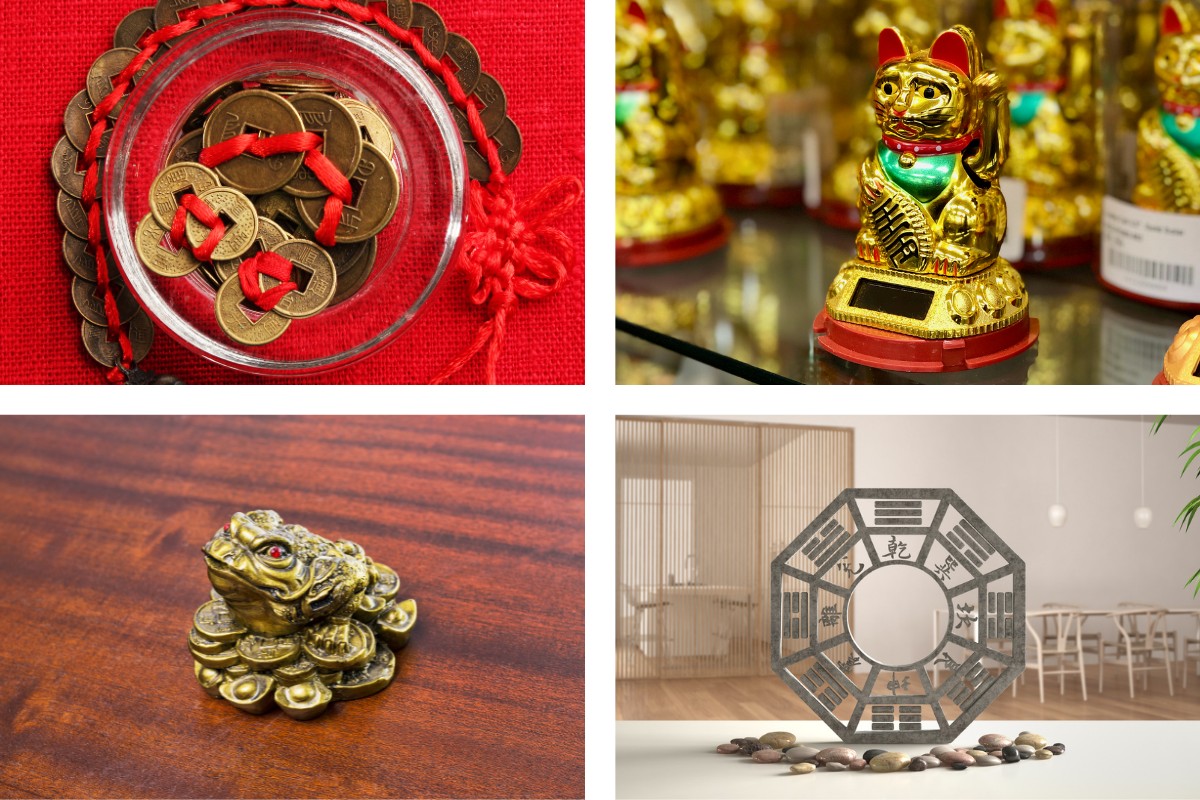
Cash Coins (Wealth Charms)
A classic feng shui talisman for wealth is the Chinese cash coin.
These are ancient round coins with a square hole, often tied together with red string. Feng Shui practitioners believe cash coins attract prosperity and ward off negative energy. For example, five Emperor Coins (from five successive emperors) are prized as powerful wealth symbols. Coins are commonly placed in cash drawers, wallets or hung above doorways to “draw in” abundance. Usually, coins are arranged in a star pattern – a typical lucky coin charm.
Practitioners say that placing coins facing inward brings fortune, while misplacing them or facing them outwards could do the opposite. In any case, coins act as reminders of financial goals and thus focus the mind on prosperity.
Lucky Cat (Maneki Neko)
The Maneki Neko, or “Beckoning Cat”, is a familiar good-luck charm in East Asia. Often depicted as a waving cat figurine, different colours have different feng shui associations. For instance, a gold-coloured Maneki Neko is closely tied to wealth and success.
Shopkeepers often place a gold Maneki Neko near cash registers to invite customers and prosperity. (By contrast, red cats may protect against illness, and black ones ward off evil.) Though the Maneki Neko is Japanese in origin, many people use it in Feng Shui as a universal symbol of luck.
In feng shui terms, a Lucky Cat facing towards a room’s entrance or exit is said to beckon good fortune into the home. Having this feline charm in a living room or office, as shown above, is a cheerful way to set positive intentions for wealth and happiness.
Mythical Creatures (Qilin, Pi Xiu, etc.)
Chinese mythology provides many talismanic animals. For example, the Qilin (a unicorn-like creature) is seen as a benevolent omen.
In Feng Shui it symbolizes long life, nobility and joy – and is even said to bring success for children. From an expert, a Qilin image “carries a mystical good omen” with the main function of banishing negativity and attracting wealth. Similarly, the Pi Xiu (three-legged money toad) is another popular wealth totem: it is believed to protect a home’s earnings and safeguard good fortune (especially when placed facing outwards to ward off thieves).
These legendary figures are treated like living talismans: one might position a Pi Xiu statue near the entrance or keep a Qilin carving in the wealth corner of a room. The idea is that their auspicious symbolism creates a positive flow of energy around the house.
Bagua and Other Charm Symbols
Other common feng shui talismans include the Bagua mirror (an eight-sided mirror) used to deflect bad luck, or the Wu Lou (gourd) for health.
Red envelopes, Ruyi sceptres and Chinese knot ornaments are also used as annual or gift talismans. While these might not have scientific backing, each has a traditional role: for example, a Bagua mirror hung above a door is thought to shield the home from ill qi.
In general, the talisman’s shape, element and placement (e.g. direction or room corner) are chosen according to classical Feng Shui rules to maximise its beneficial effect.
Do Feng Shui Talismans Really Work?
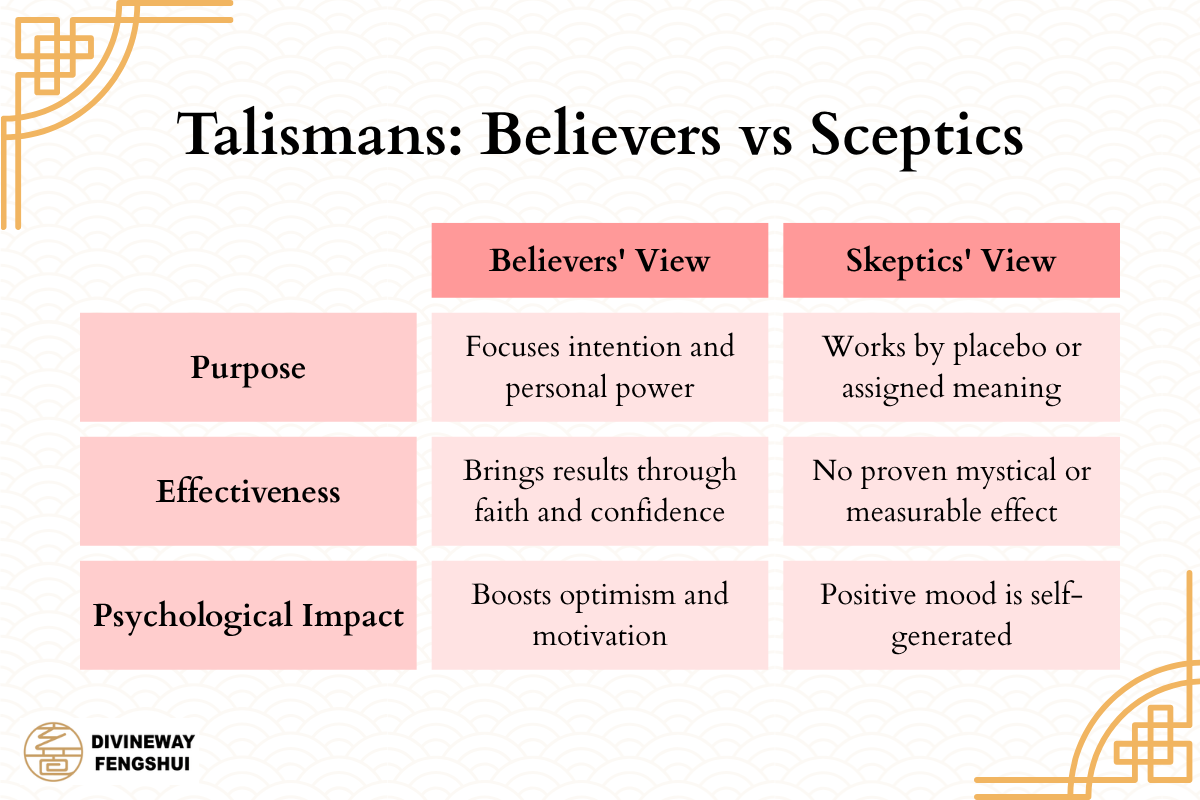
Believers’ Perspective
Many who use feng shui talismans report positive results – whether through habits or faith. Practitioners would argue that talismans serve as cues for intention.
By carrying or displaying a charm with a clear purpose, like a pair of coins for wealth or a talisman from a feng shui master), people subconsciously focus more on their goals. Like one Feng Shui teacher explains, a personally created talisman can help you “channel your personal power toward achieving an objective” (such as success in career or studies).
When a talisman is consecrated or energised (for instance, at a temple or new year ceremony), believers say it strengthens one’s own ambition or confidence. In cultural terms, a talisman can also give comfort: knowing you have a dedicated good-luck charm may make you more optimistic or bold in decision-making.
On top of that, the act of arranging your home and adorning it with symbols of protection can create a pleasant, intentional environment. In these ways, feng shui talismans can have real psychological benefits even if their power is subtle.
Skeptics and Scientific View
From a scientific point of view, there is no proven “mystical” force in talismans. Modern research on Feng Shui finds that its effects are hard to quantify. One systematic review noted Feng Shui relates to environmental factors (such as housing prices or comfortable wind patterns) but that its direct influence on human fortunes is not established.
In fact, scientists often label Feng Shui as a pseudoscience in the sense that its claims can’t be empirically tested. The “success” people feel from a talisman is likely due to well-known psychological factors. As educational researchers explain, any “feel better” effect from a practice like Feng Shui can typically be accounted for by placebo and social-psychological influences. In other words, if you believe a charm will help you, you might feel more confident and notice good luck that you otherwise ignore.
Skeptics point out that any talisman is only as effective as the meaning you assign it. Still, even sceptics acknowledge that if a talisman makes someone happier or more motivated, it isn’t harmful – it just works in the mind rather than by magic.
Using Feng Shui Talismans in Daily Life
Placement and Activation
If you decide to use a Feng Shui talisman, the practice is generally simple: choose one that matches your intention, then place it mindfully. Traditionally, talismans are “activated” by setting a clear goal.
Placement is also key: many guidelines suggest keeping a wealth talisman in the southeast corner of a home or office (the classic wealth area), while protection symbols might face the main entrance to guard against bad energy. Some charms come with instructions; for example, the Qilin is often advised to face towards the door to beckon good chi. It’s also common to keep talismans clean and in good condition, as a sign of respect.
Ultimately, using a talisman often involves following a tradition – for example, reading its meaning or chanting a simple mantra – to reinforce your focus. Even if you do it mostly for cultural or decorative reasons, the routine of caring for the talisman can help you maintain a positive mindset.
Complementary Practices
Feng Shui talismans usually work alongside other feng shui or well-being habits. For instance, someone who puts out lucky coins might also declutter, add plants, or use certain colours to enhance their environment.
Others may engage in meditation, burning incense, or acting generously (all encouraged in feng shui) to complement their talisman’s purpose. Because many talisman traditions overlap with broader Chinese philosophy, they often come in sets – a talisman for this year’s annual star, or a pendant worn for one’s Chinese zodiac animal, etc.
In every day life, this means your talisman becomes one part of an overall intention: creating harmony and luck isn’t just about the object itself, but about the positive habits and beliefs it represents.
Conclusion: Embracing Tradition Responsibly
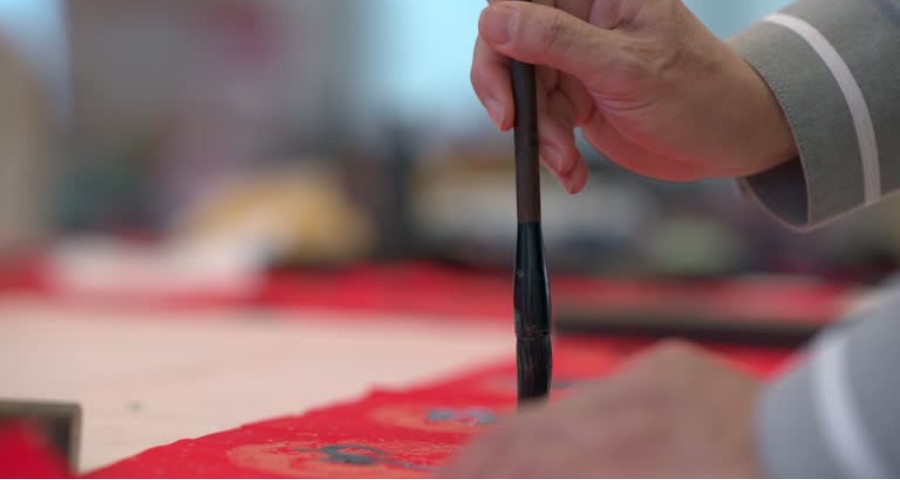
In the end, feng shui talismans are best viewed as tools that channel focus and positivity rather than literal magic cures. The traditional lore is rich and can be uplifting: from ancient emperors to modern homeowners, many have found meaning in symbols like coins, lucky cats and mythical beasts.
The scientific consensus is neutral – these objects neither carry proven supernatural powers nor are they inherently harmful. What’s crucial is the mindset they bring. If a talisman helps you set intentions, keeps you motivated, or makes your living space feel more auspicious, then it has done its job in practical terms. Even critics admit that focusing on symbols can produce genuine confidence and comfort.
So, whether you’re a curious sceptic or a devout believer, a feng shui talisman can be a positive addition: at worst, it’s a decorative reminder to stay optimistic, and at best, it’s a cherished heirloom of cultural wisdom. In either case, using them sensibly – with gratitude for tradition and without expectation of miracles – allows you to reap their benefits as meaningful personal or cultural symbols.
Have a question for us?
We welcome any question with no commitments. Master Louis Cheung will seek to clarify any doubts you may have.
“Master Louis Cheung has an approachable and comfortable personality along with competent skills. I can confidently recommend Master Louis Cheung to my friends. Thank you, Feng Shui Master Louis Cheung.”
 James H.
James H.Senior Financial Analyst

